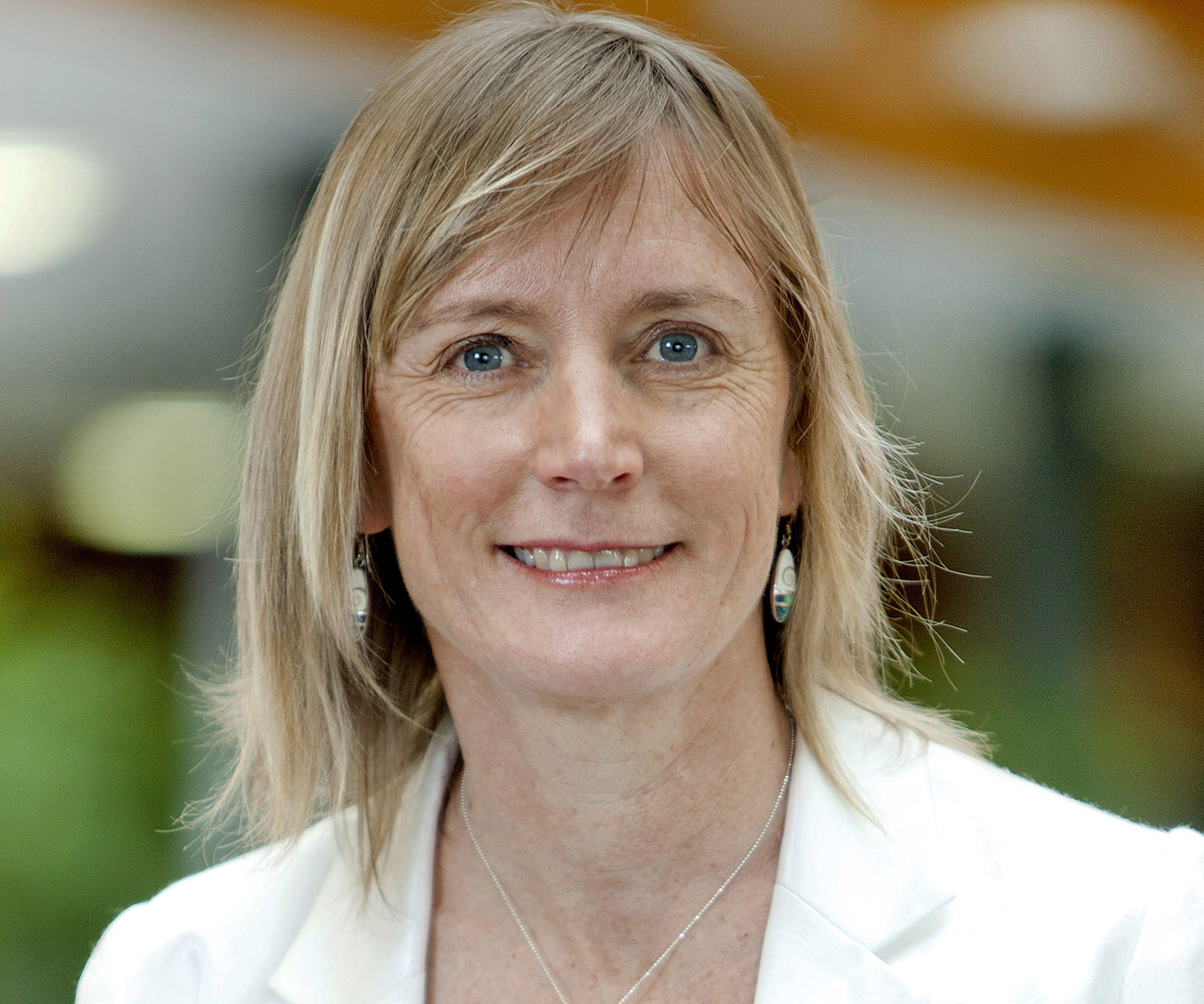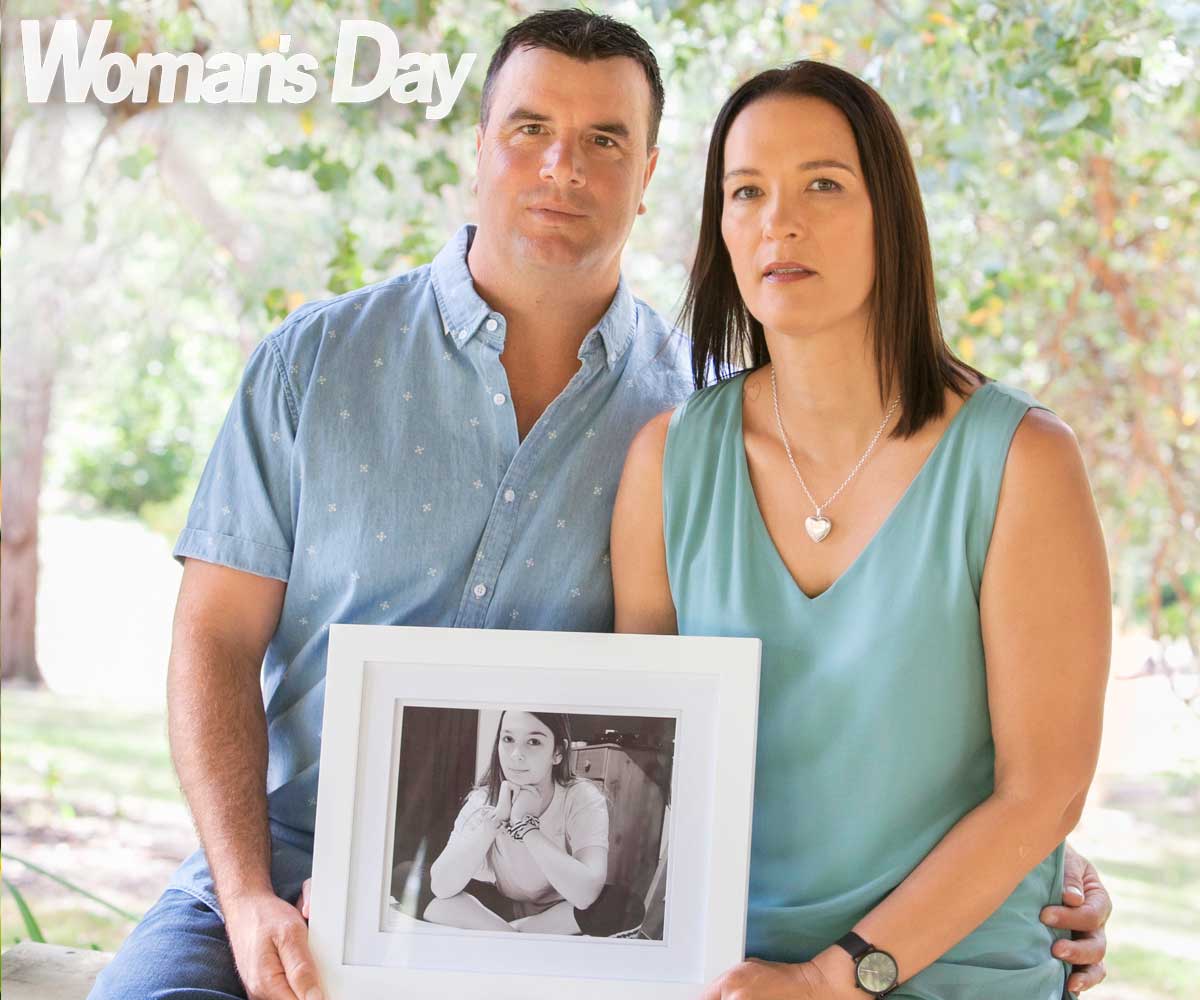A campaign to educate parents about the dangers of meningococcal disease kicks off this week in line with revelations by health experts that New Zealand has one of the highest rates of meningococcal disease in the OECD, and more than half of parents are confused about whether their children are vaccinated.
New Zealand is one of the first countries in the world to launch the global campaign, seen in the video above, which features young survivors of the disease who each live with permanent disability in the form of scarring or limb loss.
A new Institute of Environmental Science and Research (ESR) report shows that meningococcal disease rates are on the rise in New Zealand.
There have already been 126 cases of invasive meningococcal disease confirmed this year, a 30 per cent increase for the same period last year. Infants under 12 months old now make up 20 per cent of all cases – that’s up from 14 per cent at the same time last year.
Auckland paediatrician Dr Maneesh Deva says caregivers and other adults in contact with young children need to be vigilant about knowing and recognising early signs of the disease. It can be more difficult to diagnose in younger children, who cannot communicate their symptoms, yet early detection is crucial as the disease progresses rapidly.
Meningococcal disease is a rare but life-threatening bacterial infection causing two serious illnesses: meningitis (an infection of the membranes that cover the brain) and septicaemia (blood poisoning). There are five main meningococcal strains.
Meningococcal disease can potentially cause permanent damage to the brain or nerves, loss of limbs and in some cases, death. In the early stages of the disease it can be very difficult to tell meningococcal from milder diseases.
Symptoms of meningococcal disease can include fever, vomiting, headache and feeling unwell. This can progress rapidly to a non-blanching rash (which doesn’t fade when a glass is rolled over it), neck stiffness, dislike of bright lights and confusion.
Vaccines are available in New Zealand but they are not currently funded and no single vaccine protects against all strains.
Many Kiwi parents incorrectly believe that meningococcal disease is covered by the free childhood vaccines offered under the national immunisation schedule.

New Zealand has a higher rate of invasive meningococcal disease than other developed countries such as Australia, the United Kingdom and the United States, and the rate of disease has been increasing since 2014.
A global study of 3600 parents and caregivers found that half were unsure if their children were missing protection from meningococcal disease.
The research also found only 40 per cent of parents are aware that there are multiple strains of the disease. Only a third of parents are aware that children who received one meningococcal vaccine may be missing protection from other types of meningococcal disease.
Director of The Meningitis Foundation, Andrea Brady, says there is a high level of confusion among Kiwi parents about meningococcal disease, and many still don’t understand how to best protect their children against all of the strains.
“We have many parents say to us they believe their child is protected against meningococcal disease as part of their childhood immunisations. However, the immunisations that are given as part of the routine infant schedule do not protect against meningococcal disease.
“It is also important that all parents know there are numerous strains of meningococcal disease prevalent in New Zealand.
“We encourage all parents to talk with their GP or healthcare provider about all of the available vaccines to ensure they have the widest protection possible,” she says.
For more information about protection options talk to a healthcare professional.
Call 0800 IMMUNE for immunisation facts.
Call Healthline on 0800 611 116 for health advice.
Go to meningitis.org.nz or health.govt.nz to find out more about meningococcal disease and its symptoms

